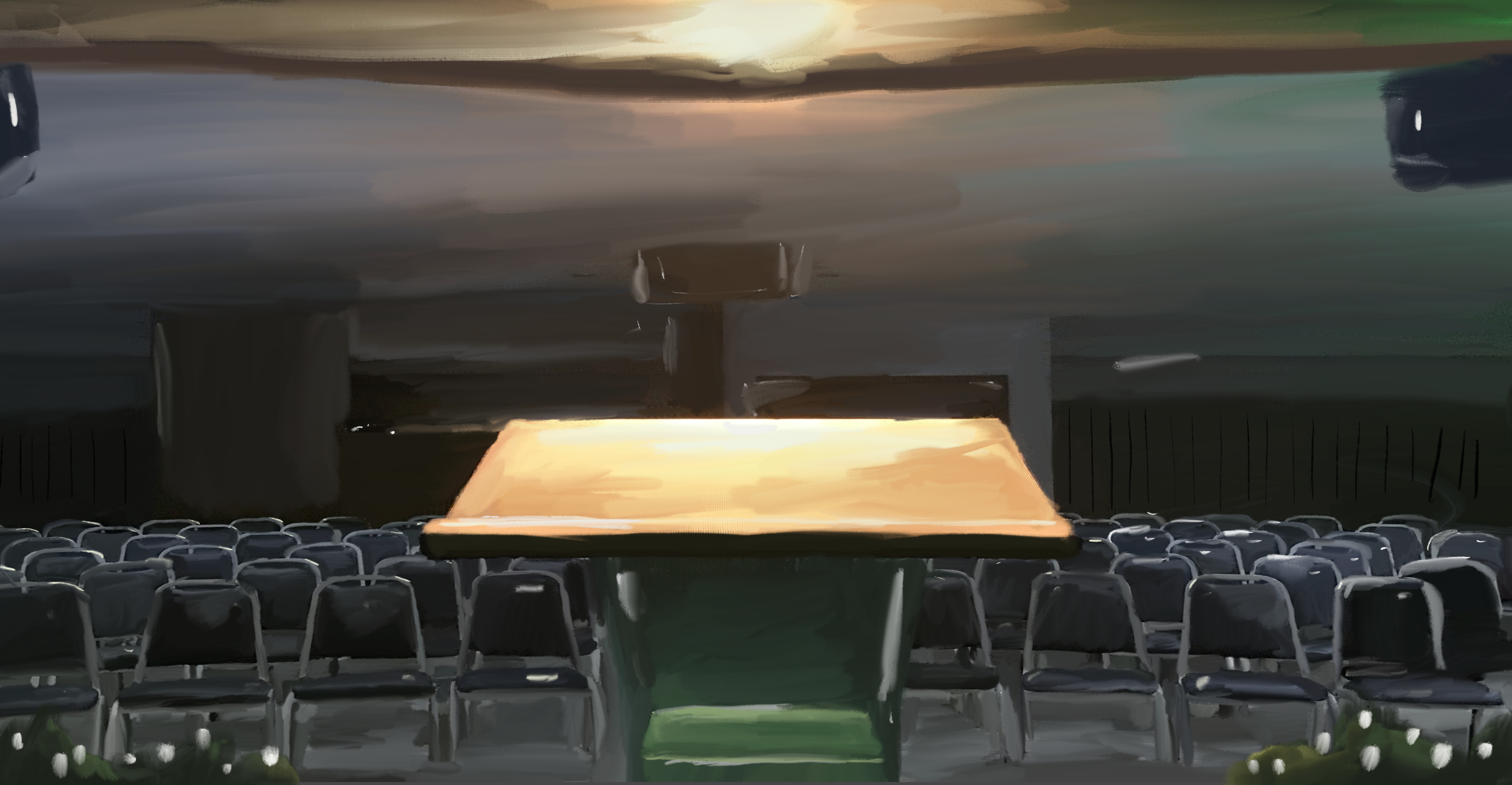
Warning vs. Hypocrisy
in Fasting
Series Break • Matthew 6:16-18 • January, 16, 2022 • English Service 10:00 AM
Sermon Introduction
The Lord Jesus warned His disciples about hypocrisy. The warning covered giving to the needy, prayer, and fasting. He wanted His disciples to veer away from the examples of the hypocrites. Hypocrites were actors who wore masks on stage. In this context, it meant showing off piety or religiosity. To avoid being a hypocrite, the Lord did not want His followers to make a performance of their righteous acts like giving, prayer, and fasting. The Lord wanted His disciples to act secretly and not to call attention.
Our discussion will cover the third part, fasting. Fasting is about humbling the self before the merciful yet righteous God; it is coming before the throne of the gracious yet most holy. Heroes of the faith like Esther, Daniel, and Nehemiah sought God’s favor through fasting. The Lord Jesus fasted for forty days before beginning His earthly ministry.
Matthew 6:16-18 ESV
16 “And when you fast, do not look gloomy like the hypocrites, for they disfigure their faces that their fasting may be seen by others. Truly, I say to you, they have received their reward. 17 But when you fast, anoint your head and wash your face, 18 that your fasting may not be seen by others but by your Father who is in secret. And your Father who sees in secret will reward you.
Notes
The Lord Jesus warned His disciples about hypocrisy. The warning covered giving to the needy, prayer, and fasting. He wanted His disciples to veer away from the examples of the hypocrites. Hypocrites were actors who wore masks on stage. In this context, it meant showing off piety or religiosity. To avoid being a hypocrite, the Lord did not want His followers to make a performance of their righteous acts like giving, prayer, and fasting. The Lord wanted His disciples to act secretly and not to call attention.
Our discussion will cover the third part, fasting. Fasting is about humbling the self before the merciful yet righteous God; it is coming before the throne of the gracious yet most holy. Heroes of the faith like Esther, Daniel, and Nehemiah sought God’s favor through fasting. The Lord Jesus fasted for forty days before beginning His earthly ministry.
The Lord warned His followers not to look gloomy when they fast. The hypocrites make their faces look unpleasant to show that they are fasting. The Lord declared that they have no reward from the Father (6:16).
16 “And when you fast, do not look gloomy like the hypocrites, for they disfigure their faces that their fasting may be seen by others. Truly, I say to you, they have received their reward.Take note that the Lord expects His disciples to fast because He said, “When you fast,” not if you fast. However, he gave instructions on presenting oneself before others, which is to wash the face and fix the hair (6:17).
17 But when you fast, anoint your head and wash your face,Christ exalted the virtue of secret righteous acts. He showed the value of fasting without being noticed by others. The Lord even gave practical tips. He expressed that the Father rewards acts done sincerely and not for performance (6:18).
18 that your fasting may not be seen by others but by your Father who is in secret. And your Father who sees in secret will reward you.
Application
Our motives must be sincere when we fast, which is to humble ourselves before His majesty and express our need for Him more than food. In the process, we learn to be hungry for Him, and we learn contentment.
Take a bath and brush your teeth. Comb your hair and put whatever ingredient you need to look normal. Do not look so weak in your face and body. Otherwise, stay at home.
We should not boast or make a show of our good works. There is no place to exalt our morality. What we do for the Father is for the Father to see. And if done solely for Him, He will reward.
Reflection & Discussion
What was the Lord’s warning about fasting?
How should we fast then?
How may we apply the lessons learned?



